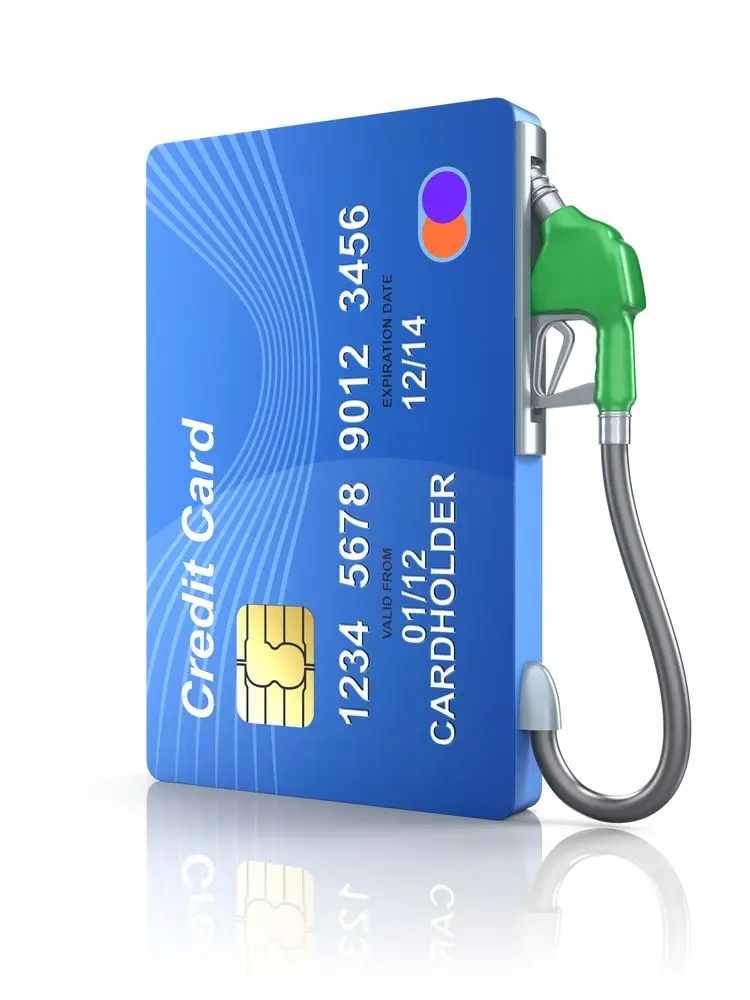For some federal employees it may be necessary to travel, purchase items on behalf of their employing agency, or use a government vehicle to carry out the essential functions of their position. If so, these federal employees may have been issued a government credit card as a means to pay for the expenses associated with their job duties. The issuance of a government credit card comes at the recommendation of a supervisor and may be based upon the creditworthiness of the federal employee receiving the card. In addition, all potential government credit card holders are required to complete a training course regarding use of the card. The government credit card is then issued with a warning label stating “For Official Government Use Only.” This does not guarantee that a federal employee is fully aware of what is or is not a permissible use of their government issued credit card.
The General Services Administration (“GSA”) sets forth the basic rules and regulations for the issuance and use of a government credit card, however, each Agency has the authority to institute additional restrictions on credit card use depending on that Agency’s mission or operating procedures. Under GSA’s general guidelines misuse of a government credit card is defined as intentional use of a government credit card for any purpose other than conducting official government business. Some examples of misuse include making: (1) purchases that exceed the cardholder’s credit limit; (2) purchases that are not authorized by the Agency; (3) purchases for which there is no funding or (4) purchases for personal consumption. Common sense should tell a federal employee when they are making a prohibited purchase using their government credit card however, in certain instances there are some grey areas in which federal employees should exercise caution. For example, different types of government credit cards can have different accepted uses and requirements associated with their use.
There are four types of government credit cards issued to federal employees:
- Purchase Card: issued for the purchase of supplies and services required for the Agency’s mission. This card generally carries a credit limit of $3,000.00 and all purchases must be made in accordance with Federal Acquisition Regulations.
- Travel Card: issued specifically for payment of official government related travel expenses. Depending on the frequency and distance of travel, each employing Agency has its own definition of what constitutes a government travel expense. This type of card can be issued and billed to an individual federal employee or to a particular group within the Agency.
- Fleet Card: issued specifically for the fueling and minor repair of a government vehicle. This type of card is usually assigned to a particular vehicle not an individual federal employee.
- Integrated Card: issued only to those federal employees who may perform one or more of the above functions. For example, a federal employee may need to travel in order to make purchases on behalf of the Agency.
Given the variety of uses for a government issued credit card and the fact that each Agency is free to set its own specific rules for use, it is easy to see why a federal employee would be confused as to what constitutes misuse of their government issued credit card. Be warned, however, that case law suggests that whether or not a federal employee intended to abuse the privilege of a government issued credit card will not mitigate the penalty imposed by the Agency for misuse.
The General Service Administration has established that appropriate disciplinary actions for misuse of a government credit card include counseling, cancellation of the card, a written warning, and notation in an employee’s performance evaluation, reprimand, suspension or termination of employment. In addition, a federal employee can be held personally liable to the Agency for the amount of any unauthorized charges. A federal employee could also be subject to fines or imprisonment depending on the Agency’s requirements and applicable law. Failure to pay delinquent balance could also result in a federal employee having to pay late fees, having their account sent to a collection agency, an adverse reporting to national credit bureaus and/or the imposition of a salary offset to recover the outstanding balance.
As with any adverse personnel action taken by an employing Agency, a federal employee charged with the misuse of a government credit card has the right to file an appeal with the Merit System Protection Board , more commonly reffered to as the Board or the MSPB . The Board, through case law, has established a number of mitigating factors that must be considered in determining whether an adverse personal action is proper. In addition, the Agency is required to afford a federal employee their due process rights when facing a charge of misuse. Given that the rules and regulations for the use of government credit cards come from several sources it can be difficult for a federal employee to know if the charges against them are sustainable and if they have been afforded due process. Therefore, it is prudent to consult an experienced federal employment attorney to assist you in responding to an allegation of misuse of a government credit card.

